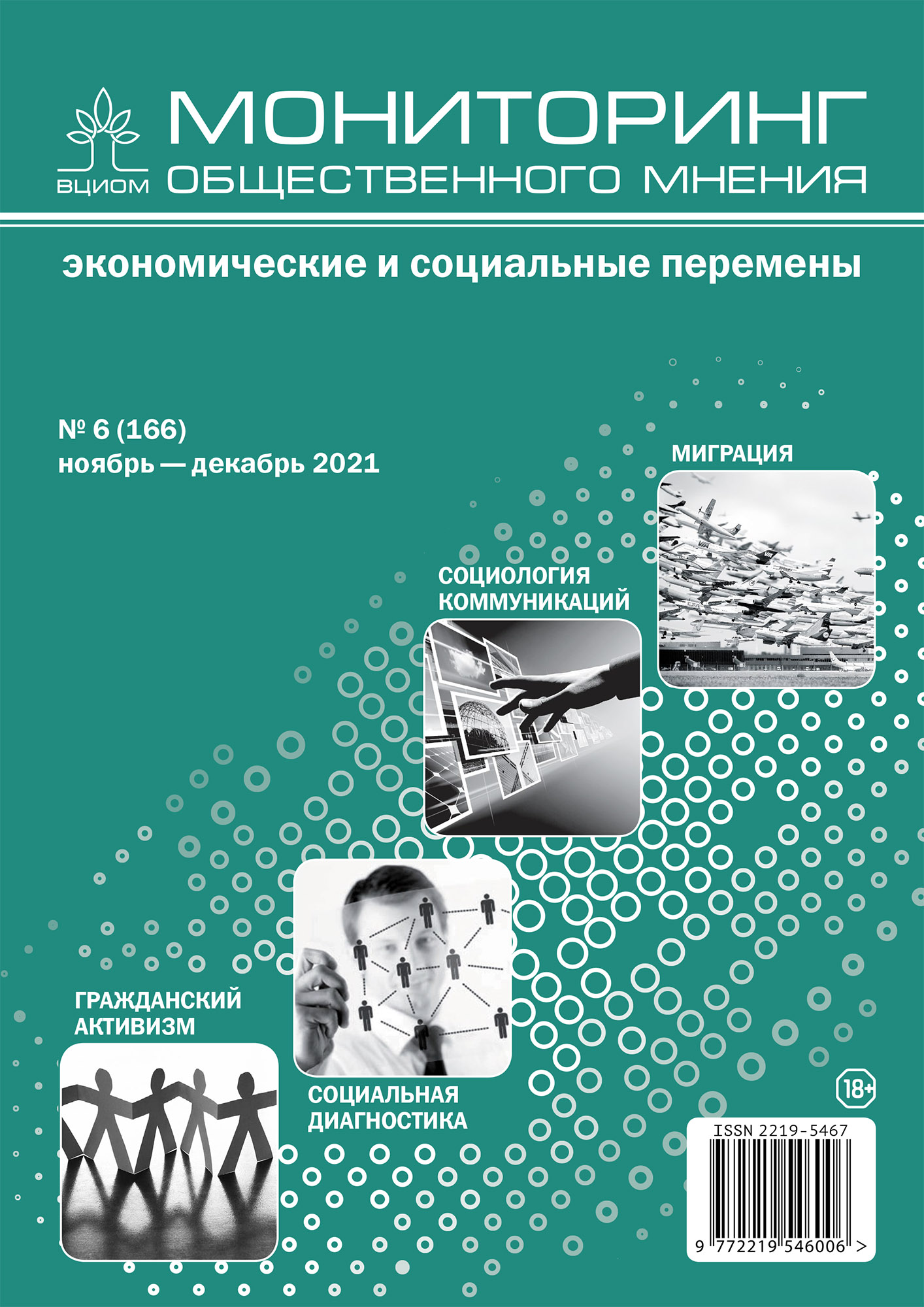Do Internet Penetration and Online Censorship Levels Affect Long-Term Repression Success in Street Protest Prevention?
DOI:
https://doi.org/10.14515/monitoring.2021.6.2023Keywords:
online censorship, Internet penetration, repression, civil society organizations, street protest activityAbstract
This research paper aims at learning whether Internet penetration and online censorship affect repression against civil society organization (CSO) capacity to prevent street protest events and/or reduce protest participant numbers in the long term. Although there is a large corpus of studies on the consequences of the Internet and social media development for street protest mobilization, there is little empirical research on whether offline CSO repression works in the age of the Internet and whether this new repression impact is modified by attempts to organize online censorship. I tried to solve this problem with large-N cross-national datasets on protest participation, CSO repression and online censorship as well as on the share of Internet users from 1990 to 2018. I propose a set of hypotheses claiming that repression has a negative unconditional effect on street protest probability and protester numbers, that the Internet penetration makes repression effect less negative or more positive, and that online censorship transforms repression impact into more negative and less positive. I test these hypotheses with pooled linear and logistic regressions weighted by inverse probability of loss to follow-up. The results demonstrate that when the repression effect exists, an uncensored Internet makes the weak repression effect positive and transforms highly severe repression effects from negative to null. Online censorship at a high level of Internet use only removes the positive effect of weak repression.
Acknowledgments: The reported study was funded by RFBR and EISR, project number 21-011-32120.
Downloads
Published
How to Cite
Issue
Section
License
Copyright (c) 2021 Monitoring of Public Opinion: Economic and Social Changes Journal (Public Opinion Monitoring) ISSN 2219-5467

This work is licensed under a Creative Commons Attribution-NonCommercial-ShareAlike 4.0 International License.






